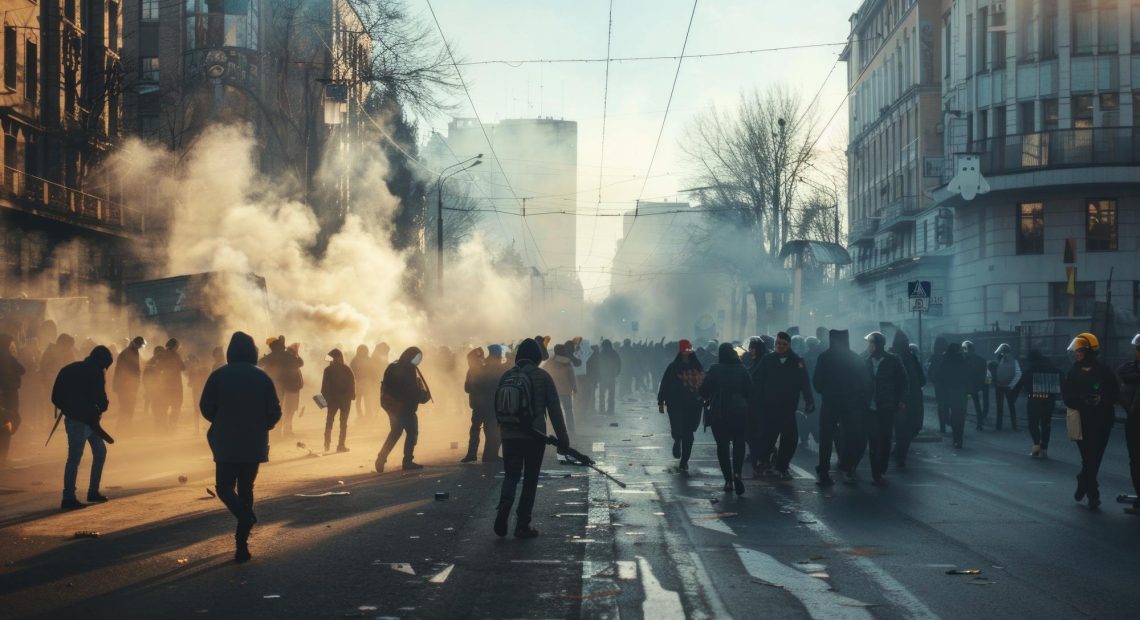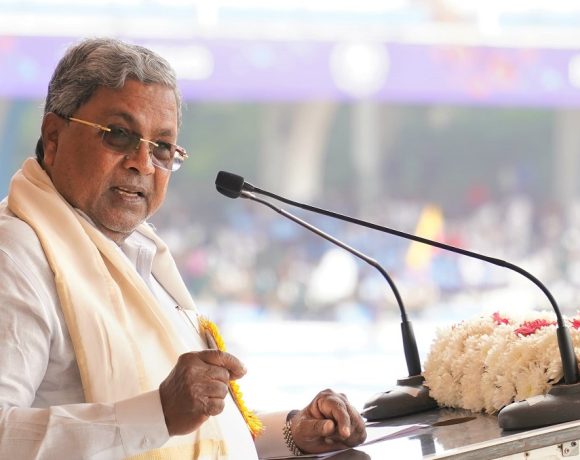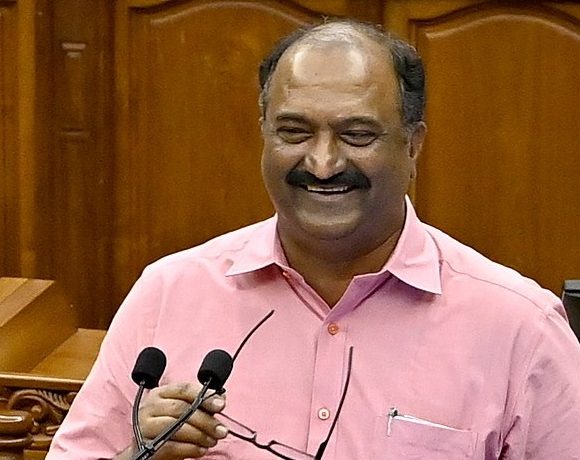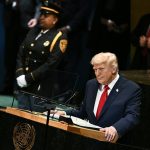
Murshidabad Tensions Ease After 200 Arrested Over Waqf Protests
In the aftermath of violent protests against the Waqf (Amendment) Act in West Bengal’s Murshidabad district, authorities have arrested more than 200 individuals. The clashes, which erupted on April 11, claimed three lives and left several areas scorched and vandalized. The unrest triggered a swift response from law enforcement agencies, including the Border Security Force (BSF), which was deployed to reinforce control and stabilize the situation.
The arrested individuals are accused of rioting, arson, and spreading communal unrest. Police officials have confirmed that efforts are underway to identify more individuals who incited violence using digital and physical evidence gathered from the scenes of the protests.
Internet Shutdown and Security Clampdown
To prevent the circulation of misinformation and inflammatory content, the district administration has suspended internet services in large parts of Murshidabad. Authorities have also enforced prohibitory orders under Section 144 in several sensitive pockets, restricting public gatherings and movements.
Heavy patrolling continues across the affected areas, with checkpoints established to monitor vehicular movement and potential agitators. Officials stated that the internet ban will remain in effect until peace is fully restored and the risk of further flare-ups subsides.
Political Fallout and Restoration Efforts
The violence has sparked a political storm, with opposition parties criticizing the state government for what they call delayed action and administrative complacency. They have demanded accountability from local law enforcement and called for increased transparency in handling communal tensions.
Community leaders have also stepped forward, urging restraint and cooperation with police forces. Appeals have been made to prioritize peace and protect the social fabric of the region, already strained by the unrest.
Efforts are currently focused on resettling families who fled the violence, rebuilding public confidence, and closely monitoring the region to avert further disruption. While the situation appears to be gradually returning to normal, officials remain on high alert, acknowledging that full stability will depend on consistent enforcement, dialogue, and public cooperation.


















